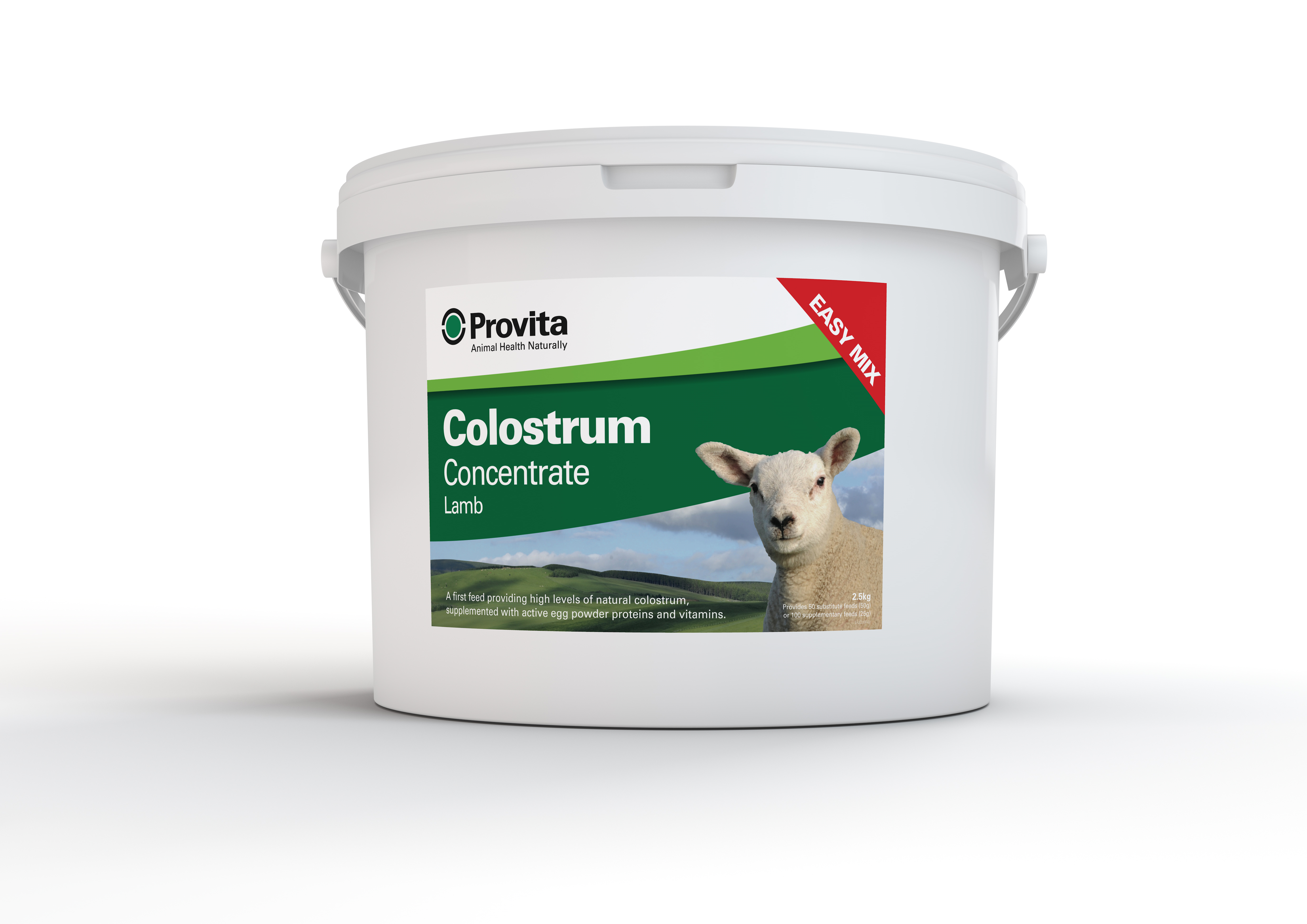James McGuckian runs a flock of 140-strong Suffolk cross ewes and ewe lambs with his father Pat on the family’s Dunloy farm. The sheep enterprise was started 5 years ago in order to complement a well-established dairying business.
“We buy-in 100 ewe lambs in August/September each year,” said James “These are then put to a selection of Rouge and Kerry Hill tips. Lambing gets underway mid-way through March.
“Our aim is to sell the breeding females with lambs at foot in the local mart. The animals are kept on straw indoors until the lambs are two weeks old, at which stage they are sold on.
“Ewe lambs that give birth later in the season are kept on for a second breeding cycle, which means that we now have a mix of bought-in ewe lambs and shearling ewes going to the ram each autumn. Last back end we had a mix of 80 ewe lambs and 60 older ewes running with the rams.”
James is quick to confirm that the business model with the sheep depends on getting a high lambing percentage and, subsequently, having lambs born with the ability to grow well in the period directly after birth.
“Lambs with plenty of vitality will sell the ewe, once they go into the sale ring: it’s not the other way around,” he added.
James firmly believes that lambs must get the best possible start. And with this in mind almost all of the lambs born on the farm receive a feed of Provita Colostrum at birth.
“This is particularly the case with lambs born during the night,” said James.
“The feed is very easy to make up and it acts to give the new arrivals a tremendous boost. I also have the reassurance that the lambs have received the energy they need to get up and start suckling their mothers.
“Feeding the Provita colostrum is more than an insurance policy: it gives me total peace of mind that the lambs are getting the best possible start to life.”
Pedigree Texel breeder Andrew Kennedy agrees. His Maineview flock comprises 100 breeding females. This group is made up of purebred ewes and crossbred females carrying pedigree embryos. Lambing got underway this year at the beginning of February. The Ballymena man uses Provita Lamb Colostrum throughout the lambing season as a matter of routine.
“I am breeding ram lambs for both the pedigree and commercial sectors. So, it is fundamentally important to give newborns the best possible start,” he said.
“In cases where ewes seem to be slow in coming into milk, their lambs get a feed of colostrum as soon as they are born. And the same principle holds in cases where lambs have had a difficult birth.
“The Provita colostrum acts to get the lambs up on their feet almost immediately. It also encourages the lambs to actively suckle their mothers.”
Andrew continued “The additional benefit of using the Provita product, in tandem with natural feeding, is that I know the lambs have received their full colostrum requirement quickly. In short, it’s an approach that gives me total reassurance, when it comes to meeting the needs of new born lambs” he stressed.
Provita’s Kieran Donnelly recently visited both the McGuckian and Kennedy farms. He confirmed that demand for the company’s lamb colostrum continues to grow.
“Increasing numbers of flock owners include a feed of the colostrum as an integral part of the management procedures they follow at lambing time,” he said.
“And they are seeing the immediate benefits in terms of lamb survivability and vigour. In addition, the colostrum is easy to prepare.”
Kieran added: “Provita Lamb Colostrum has a rich consistency and is easy to mix, which is especially important during the night. In light of this flock owners consider the cost as being inexpensive as it is helping to save the lives of lambs.
“The current strength of the commercial market makes it all the more important for flock owners, pedigree and commercial, to keep as many lambs as possible alive.”
For more information on Provita colostrum, contact your usual animal health supplier or FREEPHONE: 0800 328 4982
